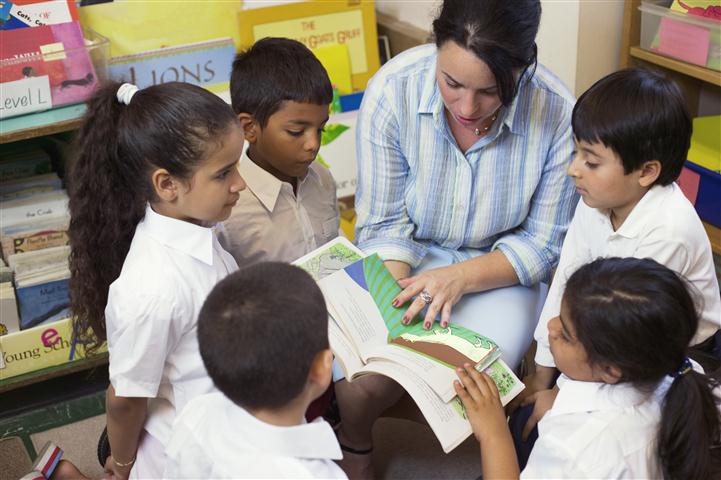
Children from poorer backgrounds who are behind in reading and writing at the end of primary school will have the chance to get extra catch-up lessons.
This comes as part of the Government’s drive to narrow the attainment gap between pupils from disadvantaged backgrounds and their peers.
Results from last year’s Key Stage 2 tests show that around 100,000 pupils in England failed to reach the expected standard in English. This means that:
- around one in six pupils (16 per cent) fail to master the basics of reading at the end of primary school; and
- around one in four pupils (25 per cent) fail to master the basics of writing at the end of primary school.
As part of a £10 million programme, projects will be set up across England to help disadvantaged pupils who fail to reach the expected level of English by the end of primary school (level 4 at Key Stage 2).
Some projects will be fast-tracked through the bidding process to start from this September, while other projects will start in 2013.
Deputy Prime Minister Nick Clegg said: “Reading with confidence is the basis of a good education and to unlocking everything the school curriculum has to offer. Every child should start secondary school with a head start – not a false start. I’m determined that the Government does everything it can, through the Pupil Premium, to bring children up to speed in literacy as they make the transition from primary to secondary school. This money will be a huge boost to schools in giving extra support the children who need it.”
The programme will be run by the Education Endowment Foundation (EEF) and forms part of the Coalition Government’s drive to improve standards for all. It will help disadvantaged children make the difficult transition from primary to secondary school effectively, as it is one of the key stumbling blocks to improving social mobility in this country.
The EEF will run a competitive bidding process to fund innovative projects that build on either robust evidence or a strong and practical theory. It is expected that schools themselves, along with charities, local authorities and universities, will bid for the programme.
Projects could start at the end of Year 6, in the summer between Year 6 and Year 7, and in Year 7 itself. The Foundation will also consider some projects which include mathematics.
Sir Peter Lampl, Chairman of the EEF, said: “We very much welcome the Minister’s announcement that the Government is providing £10 million for the EEF to fund and rigorously evaluate projects to find out what works in helping disadvantaged children make the difficult transition from primary to secondary school. The challenge of navigating this transition successfully is one of the key barriers to improving social mobility in this country.”
Each successful project will be evaluated by independent research teams drawn from the EEF panel of evaluators. This will help make sure that through robust evaluations the best projects can be made available to all schools to use.
Please submit your comments below.
Do you have something to say about this or any other school management issue which you'd like to share? Then write for us!






